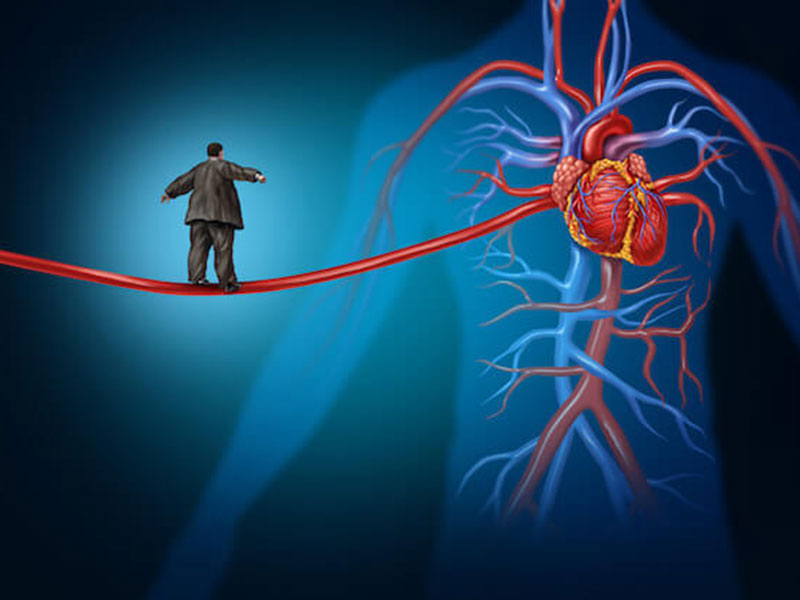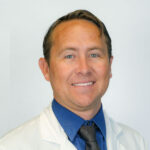Causes, Care, and Prevention of Heart Attacks
The month of February may be sprinkled with love, cupid, and hearts, but it’s also American Heart Month. So not only are we seeing hearts left and right, we should be taking care of ourselves and our loved ones as well, particularly on our hearts. Today, we’re going to discuss warning signs, prevention, and treatment for heart attacks.
Warning Signs
Some heart attacks are sudden and intense (think the “movie heart attack”) where no one doubts what is happening. But most heart attacks start slowly, with mild pain or discomfort. Often people affected are not sure what’s wrong and wait too long before getting help. Here are some signs that can mean a heart attack is happening:
- Chest discomfort. Most heart attacks involve discomfort in the center of the chest that lasts more than a few minutes, or that goes away and comes back. It can feel like uncomfortable pressure, squeezing, fullness or pain.
- Discomfort in other areas of the upper body. Symptoms can include pain or discomfort in one or both arms, the back, neck, jaw, or stomach.
- Shortness of breath with or without chest discomfort
- Other signs may include breaking out in a cold sweat, nausea, or lightheadedness.
As with men, women’s most common heart attack symptom is chest pain or discomfort. But women are somewhat more likely than men to experience some of the other common symptoms, particularly shortness of breath, nausea/vomiting, and back or jaw pain.
Risk Factors
Extensive clinical and statistical studies have identified several factors that increase the risk of not just heart attacks, but also coronary heart disease. These factors include increasing age, male sex (gender), heredity (including race), tobacco smoke, high blood cholesterol, high blood pressure, physical inactivity, obesity and being overweight diabetes mellitus, stress, alcohol consumption, and diet/nutrition.
Diagnostic Measures
The tests available screen your heart and help the doctor determine what treatment and lifestyle changes will keep your heart healthy and prevent serious future medical events. Here are two typical tests that may be done:
- Thrombolysis: Many heart attack patients have undergone thrombolysis, a procedure that involves injecting a clot-dissolving agent to restore blood flow in a coronary artery. This procedure is administered within a few (usually three) hours of a heart attack.
- Coronary Angioplasty/Coronary artery bypass graft surgery (CABG): If thrombolysis treatment isn’t done immediately after a heart attack, many patients will need to undergo coronary angioplasty or coronary artery bypass graft surgery (CABG) later to improve blood supply to the heart muscle.
It’s a lot to think about, isn’t it? What we’re about here at Brevard Health Alliance is encouraging prevention rather than treating after the fact, so here are some lifestyle changes you can start right now to lower your risk for heart attack.
- Stop smoking: If you smoke, quit. If someone in your household smokes, encourage them to quit. It might be tough, but it’s definitely tougher to recover from a heart attack or stroke to or live with chronic heart disease. Commit to quit, we’re here to help if you need it.
- Choose good nutrition: A healthy diet is one of the best weapons you have to fight cardiovascular disease. The food you eat (and the amount) can affect other controllable risk factors: cholesterol, blood pressure, diabetes and overweight. Choose nutrient-rich foods — which have vitamins, minerals, fiber and other nutrients but are lower in calories — over nutrient-poor foods.
- Lower high blood cholesterol: Fat lodged in your arteries is a disaster waiting to happen. Sooner or later it could trigger a heart attack or stroke. You’ve got to reduce your intake of saturated fat, trans fat and cholesterol and get moving.
- Lower high blood pressure: An optimal blood pressure reading is less than 120/80 mmHg.
- Be physically active every day: Research has shown that 3–4 sessions per week, lasting on average 40 minutes per session, and involving moderate-to-vigorous-intensity physical activity can help lower blood pressure, lower cholesterol and keep your weight at a healthy level.
- Reduce stress: A few studies have noted a relationship between coronary heart disease, risk, and stress in a person’s life that many affect the risk factors for heart disease and stroke.
- Limit alcohol: Drinking too much alcohol can raise blood pressure, increase cardiomyopathy, stroke, cancer, and other diseases. It can contribute to high triglycerides and produce irregular heartbeats. If you drink, limit your alcohol consumption to no more than two drinks per day for men and no more than one drink per day for women.
Following this advice will help you detect and even prevent the risk of having a heart attack or developing Coronary Heart Disease. If you have questions about our services and what we have to offer, contact us today!

















































































































































